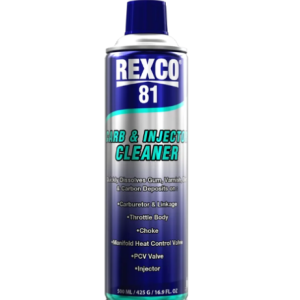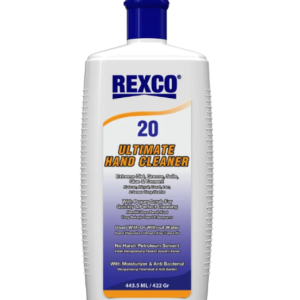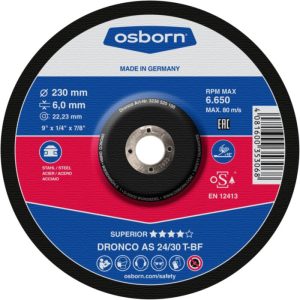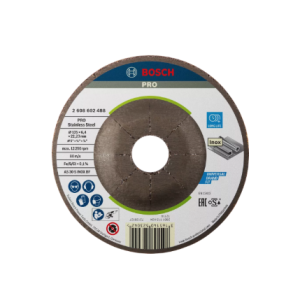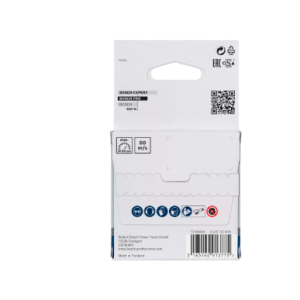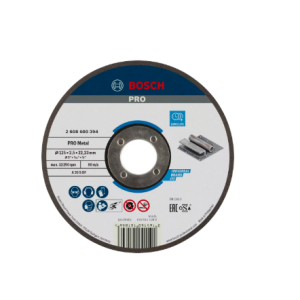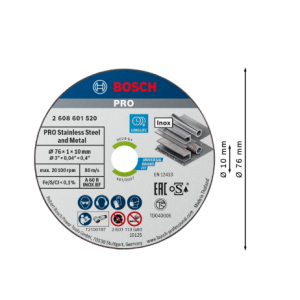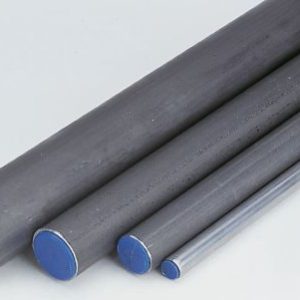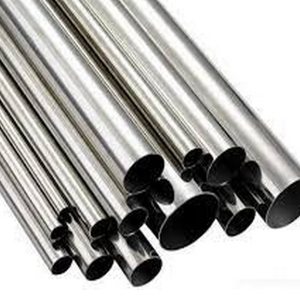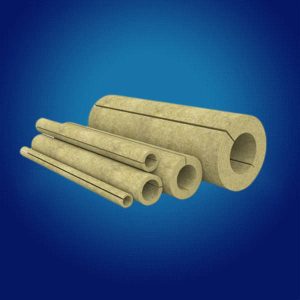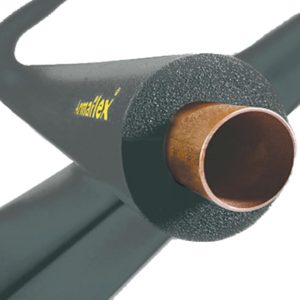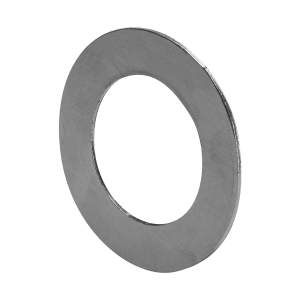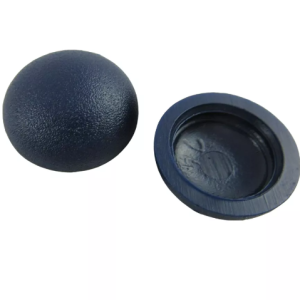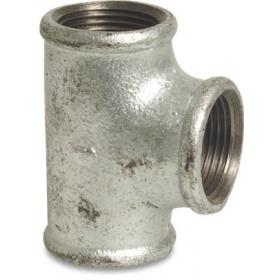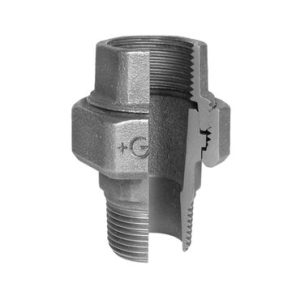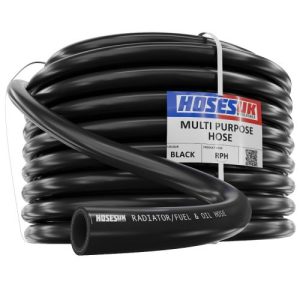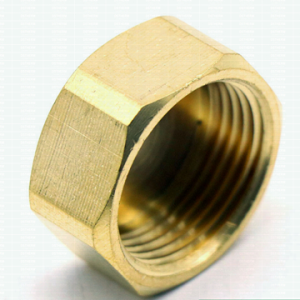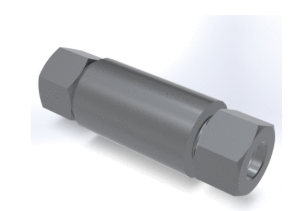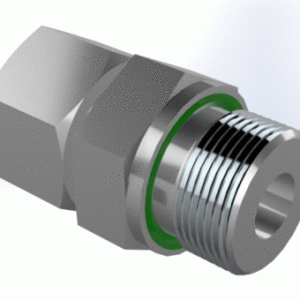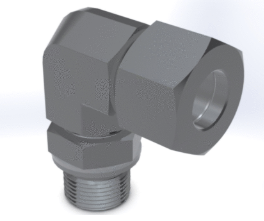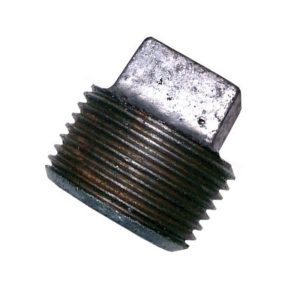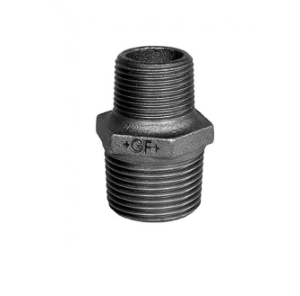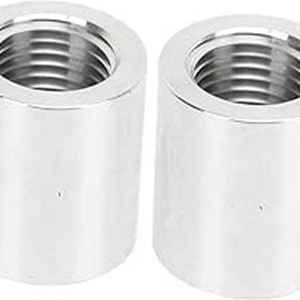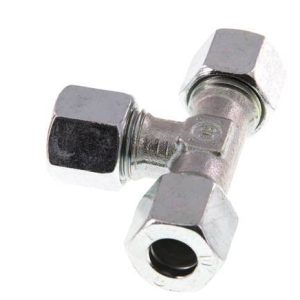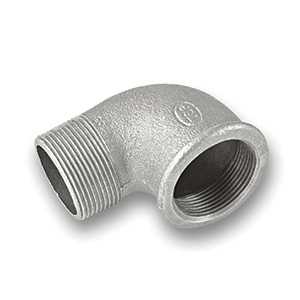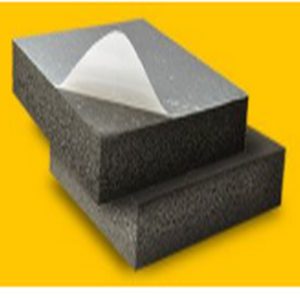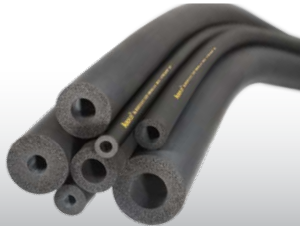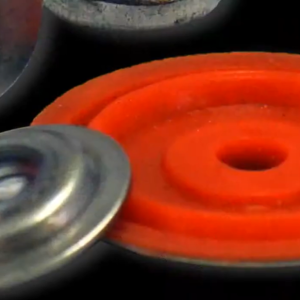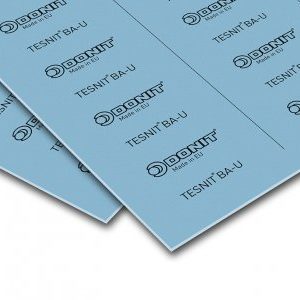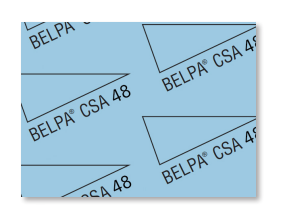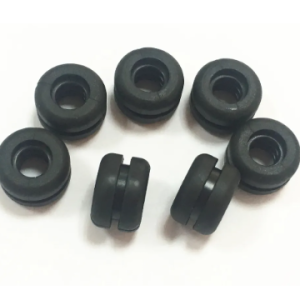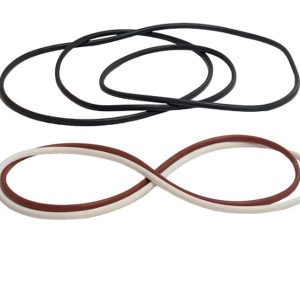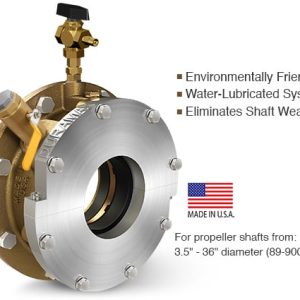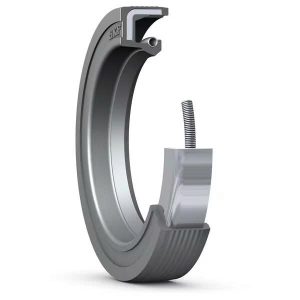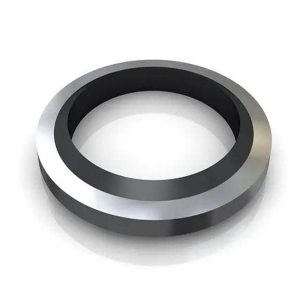- About Sotaville
- Solutions
-
- Products
- ServicesWhat is Lorem Ipsum? Lorem Ipsum is simply dummy text of the printing and typesetting industry. Lorem Ipsum has been the industry’s standard dummy text ever since the 1500s, when an unknown printer took a galley of type and scrambled it to make a type specimen book. It has survived not only five centuries, but also the leap into electronic typesetting, remaining essentially unchanged. It was popularised in the 1960s with the release of Letraset sheets containing Lorem Ipsum passages, and more recently with desktop publishing software like Aldus PageMaker including versions of Lorem Ipsum. Why do we use it? It is a long established fact that a reader will be distracted by the readable content of a page when looking at its layout. The point of using Lorem Ipsum is that it has a more-or-less normal distribution of letters, as opposed to using ‘Content here, content here’, making it look like readable English. Many desktop publishing packages and web page editors now use Lorem Ipsum as their default model text, and a search for ‘lorem ipsum’ will uncover many web sites still in their infancy. Various versions have evolved over the years, sometimes by accident, sometimes on purpose (injected humour…
- News
- Contact
The pipe fabrication stage is considered one of the crucial phases that shipyards focus on. In this article, let’s take a closer look at this stage and the important notes to keep in mind during the process.
Overview of the Pipe Fabrication Stage
The pipe fabrication and mechanical stage on a ship is a vital step to complete the operational infrastructure of the vessel. The piping system includes pipelines for water supply and drainage, fuel, compressed air, cooling, firefighting, and related mechanical components such as valves, pumps, and joints. All equipment must be installed at the correct locations and meet standards to ensure safe and efficient flow.
The Role of Pipe Fabrication in Shipbuilding
The piping system acts as the “circulatory system” of the ship — responsible for supplying and distributing fuel, gas, water, etc., to every part. Any errors in fabrication can cause leaks, uneven pressure, seriously affecting operation or causing dangers during offshore activities. Therefore, this phase requires high precision and skilled workmanship.
Potential Risks and Working Conditions
Pipe fitters often work in confined, cramped spaces (under decks, ship walls), facing situations such as:
-
Leaks of toxic gases, corrosive liquids
-
Impact, slips, and falls on slippery surfaces
-
Fire and explosion risks during pressure testing or working near welding areas
-
Exposure to solvent vapors, adhesives, and metal dust from threading or pipe cutting.
Necessary Personal Protective Equipment (PPE)
To ensure worker safety during pipe fabrication, the following equipment is essential:
-
Standard safety helmet with attached light (for low-light areas)
-
Dustproof and splash-resistant safety goggles
-
Organic vapor respirators or half-face masks with appropriate filters
-
Oil-resistant gloves and light chemical-resistant gloves (nitrile or neoprene)
-
Anti-slip, puncture-resistant safety boots
-
Mechanical protective clothing, oil-resistant and flame retardant
-
Earplugs or earmuffs for noise protection during grinding or cutting operations.
Recommended Equipment Preparation
-
Prioritize masks or filters suitable for the specific gases/chemicals involved (e.g., solvent vapors, gases).
-
Choose gloves with abrasion and light chemical resistance but that still allow precise handling.
-
Safety boots should have excellent slip resistance, especially on wet or oily ship floors.
-
Regular leak pressure checks and emergency response training for pipe fitters are necessary.
Conclusion
The pipe fabrication stage is always regarded as a critical phase in shipbuilding. To improve work efficiency and protect personnel during operations, let Sotaville provide the best occupational safety solutions. Contact our hotline at 0889108080 for the fastest support.

